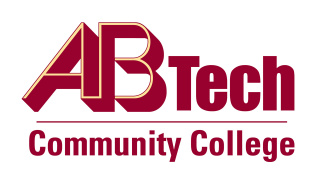An understanding of the chemical structures in plants is advantageous to produce the most effective herbal preparations. This introduction to botanical constituents will be taught in simple and accessible terminology. Participants will learn about polysaccharides, polyphenols, phytoestrogens, alkaloids, tannins, resins, and volatile oils, as well as how best to extract, deliver, and preserve these constituents. This class will help anyone interested in the science of plant medicine better understand how the constituents of commonly used botanicals influence human health and physiology. An extensive background in chemistry is not needed to benefit from this material - anyone with an interest in learning more about the inner mysteries of botanicals is welcome to attend!
- Herbalists
- Acupuncturists
- Herbal or Natural Product Manufacturers
- Entrepreneurs
- Anyone with Interest in Plant Science
- Definition and explanation of polysaccharides, polyphenols, phytoestrogens, alkaloids, tannins, resins, and volatile oils
- Categories of constituents commonly shared within by plants within a genus or family
- Solubility and stability of basic phytochemicals
- How constituents interact in herbal formulas
- Optimal methods for preparing complex botanicals
- Common mistakes and tips of the trade
- Gain knowledge of common constituents in plants and how these work in the body
- Gain knowledge of components commonly shared by similar species
- Learn methods for optimal extraction of desired constituents
Delivered in-person in a classroom or lab setting.
An understanding of the chemical structures in plants is advantageous to produce the most effective herbal preparations. This introduction to botanical constituents will be taught in simple and accessible terminology. Participants will learn about polysaccharides, polyphenols, phytoestrogens, alkaloids, tannins, resins, and volatile oils, as well as how best to extract, deliver, and preserve these constituents. This class will help anyone interested in the science of plant medicine better understand how the constituents of commonly used botanicals influence human health and physiology. An extensive background in chemistry is not needed to benefit from this material - anyone with an interest in learning more about the inner mysteries of botanicals is welcome to attend!
- Herbalists
- Acupuncturists
- Herbal or Natural Product Manufacturers
- Entrepreneurs
- Anyone with Interest in Plant Science
- Definition and explanation of polysaccharides, polyphenols, phytoestrogens, alkaloids, tannins, resins, and volatile oils
- Categories of constituents commonly shared within by plants within a genus or family
- Solubility and stability of basic phytochemicals
- How constituents interact in herbal formulas
- Optimal methods for preparing complex botanicals
- Common mistakes and tips of the trade
- Gain knowledge of common constituents in plants and how these work in the body
- Gain knowledge of components commonly shared by similar species
- Learn methods for optimal extraction of desired constituents


